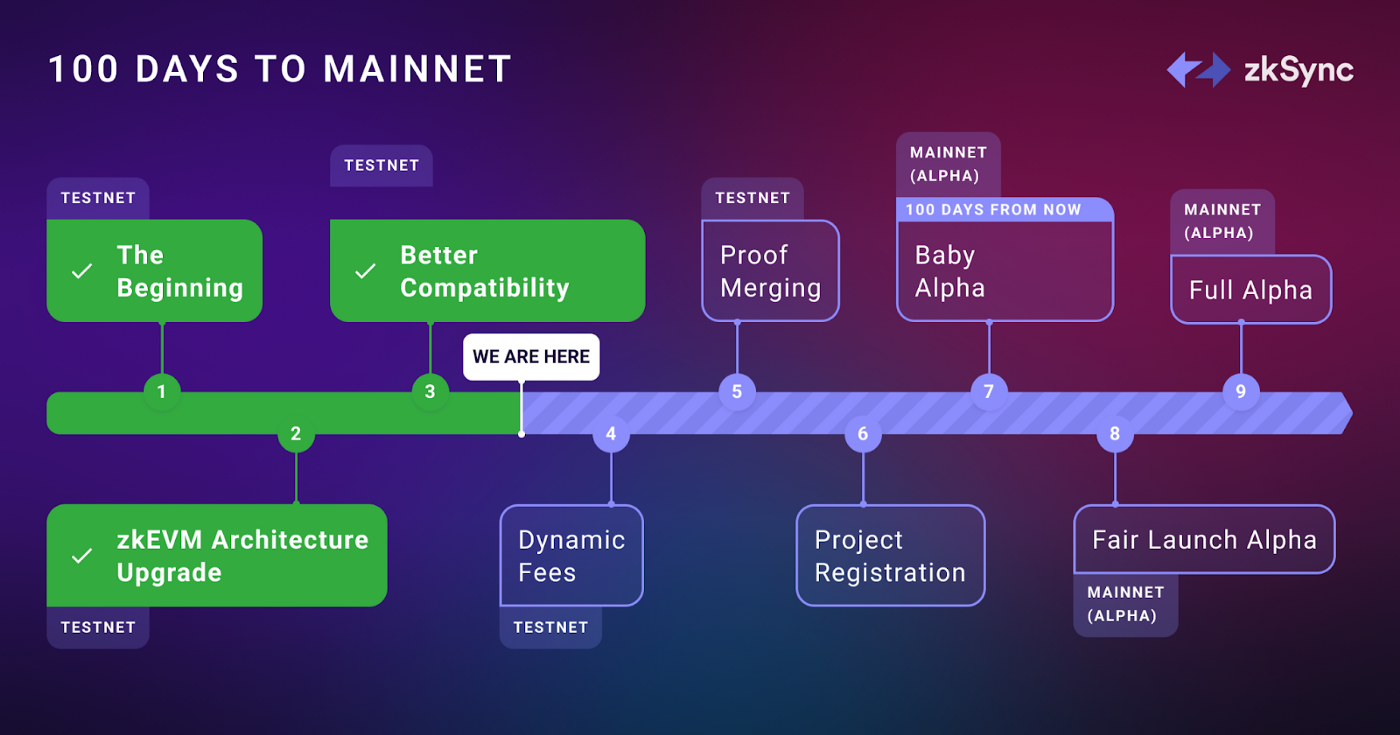News
ZK Rollups: The Future of Ethereum Scaling?
Summary: Today, July 20th, two massive announcements were made by leading innovators in the Ethereum scaling industry: both Matter Labs and Polygon announced the release of zero knowledge rollups, or ZK rollups, that are compatible with Ethereum’s virtual machine. Let’s take a look at what ZK rollups are, why these announcements are significant, and what they ...
Today, July 20th, two massive announcements were made by leading innovators in the Ethereum scaling industry: both Matter Labs and Polygon announced the release of zero knowledge rollups, or ZK rollups, that are compatible with Ethereum’s virtual machine. Let’s take a look at what ZK rollups are, why these announcements are significant, and what they could mean for associated cryptocurrencies.
Ethereum in its current form has a congestion problem. The bandwidth of the blockchain only allows for around 15 transactions per second, and the hundreds of thousands of transactions that want to be included on the blockchain on any given day are forced to pay exorbitant fees to be included in the 21,600 transactions that are validated on a daily basis. Fortunately, layer 2 scaling and rollup technology have provided a solution. Rollups are essentially capable of moving the computationally-intensive execution of a transaction off the main Ethereum chain, only storing the transaction data on-chain. They then compress multiple transactions into a single transaction on the main Ethereum chain, similar to how a ZIP file compresses multiple files into one to save storage. These technologies are helping Ethereum scale to thousands of transactions per second and once again making Ethereum usable.

The main type of rollup, and the one currently employed by leaders like Optimism and Arbitrum, is the optimistic rollup. With this type of rollup, transactions are assumed to be valid and accurate, and it is required for others to audit the transaction after it has occurred to see if it was invalid or malicious within a 7-day period. Even though this approach is technologically more simple, it comes with an obvious lack of efficiency.
Enter ZK Rollups: unlike their optimistic counterpart, they use zero-knowledge proofs, a complex technology that you can learn more about here, to validate transactions using one mathematical proof. This is much more difficult due to the computational intensity required to create this one proof, but removes the requirement for a 7-day checking period and is what many believe to be the main way that Ethereum will scale in the future. Additionally, making a zero-knowledge rollup that is Ethereum Virtual Machine compatible, meaning that developers can program on it in the same way that they do on Ethereum, was also thought to be a difficult task.
However, the day this article was published marks the announcement of two zero knowledge rollups that are EVM compatible. Matter Labs’ ZkSync 2.0 and Polygon’s zkEVM. These technologies, which will hopefully have an alpha release before the end of the year, promise to bring next-generation scaling to Ethereum and significantly improve the user experience.
Presently, ZkSync does not have a coin, but ZkSync 1.0 is out and allows for some simple features, like swapping tokens and minting NFTs. Many speculate that doing these actions could make users eligible for a ZkSync token, which could prove to be one of the most valuable airdrops of the year.

Polygon’s MATIC token has been pumping for most of the week in anticipation of an announcement today. Due to the nature of their release, where they hyped up an announcement of a future release, it is likely that this will be a “buy the rumor, sell the news” event. Nonetheless, the creation of a zkEVM will be incredibly significant for Polygon. The fee structure will likely incorporate the MATIC token, meaning that there will be more demand for MATIC. This will make MATIC one of the only cryptocurrencies that are accepted for fees on multiple different blockchains since it is already used on the Polygon blockchain. Additionally, the release of this product will bring more legitimacy to the other items on Polygon’s roadmap, which include decentralized identity services, permissioned chains, and private transaction chains.

Even though the initial release of a zero-knowledge rollup is still months away, Matter Labs and Polygon’s announcements are incredibly exciting and signal the continued development of technology even in a bear market. For many investors who are worried about the crypto market, this announcement should help them rest assured that the best projects in the space will keep building and innovating and be even more ready for mainstream adoption when the next bull market begins.
By Lincoln Murr
Tags: Ethereum,Matic,Matter Labs,Polygon,Zero knowledge,ZkSync
Link: ZK Rollups: The Future of Ethereum Scaling? [Copy]